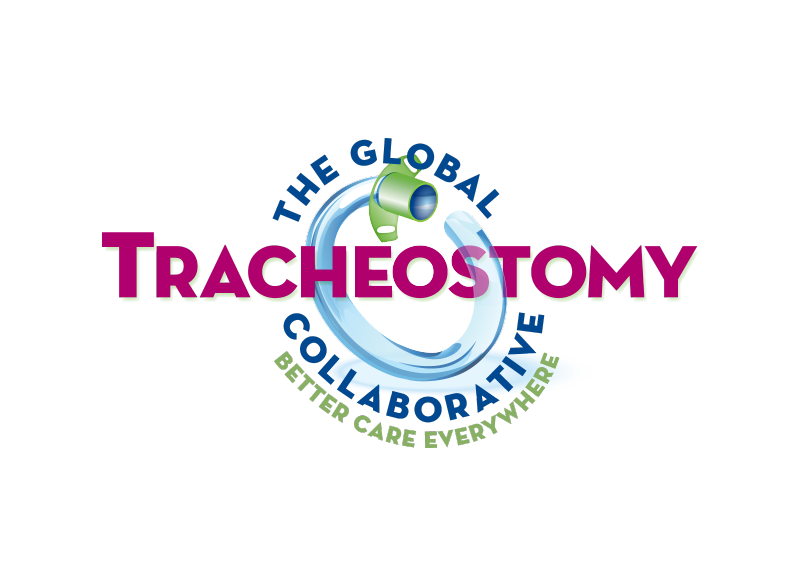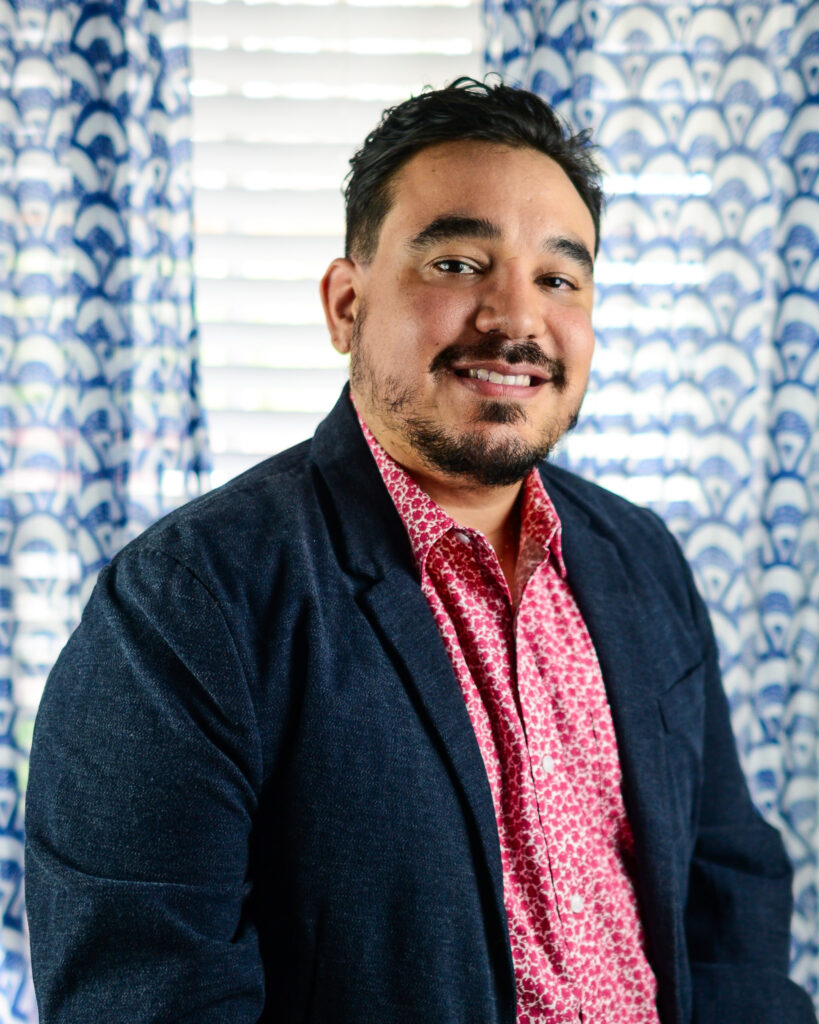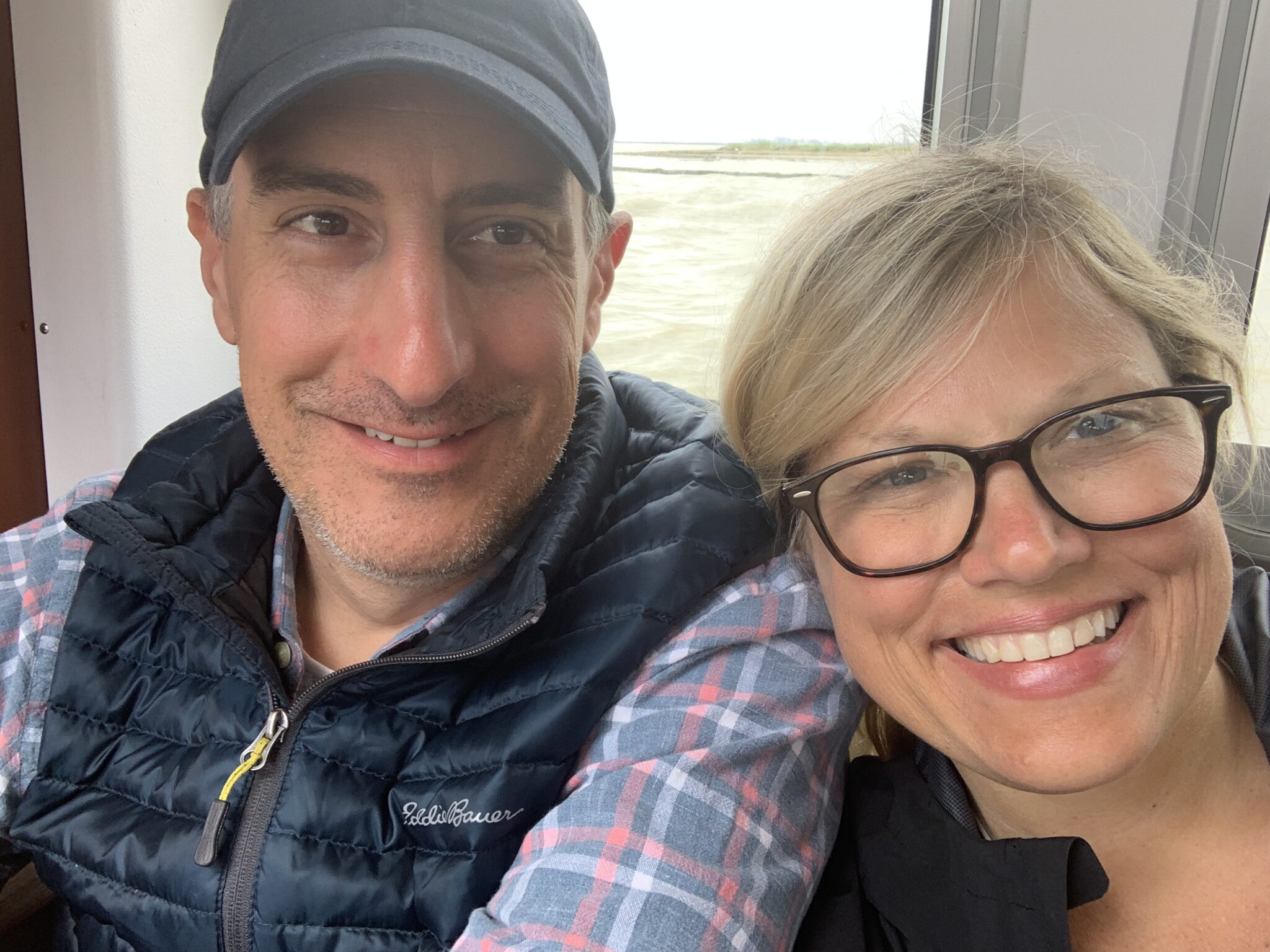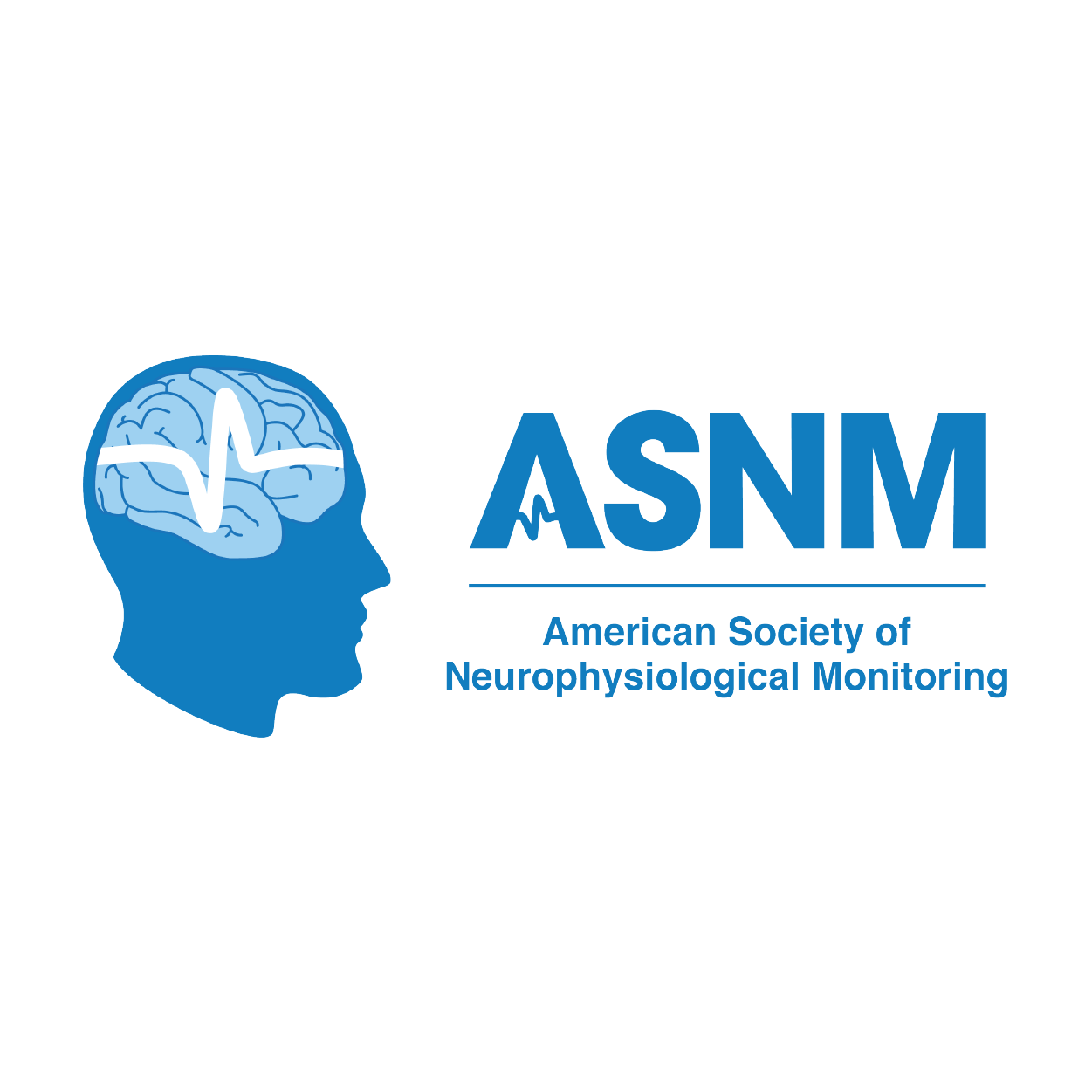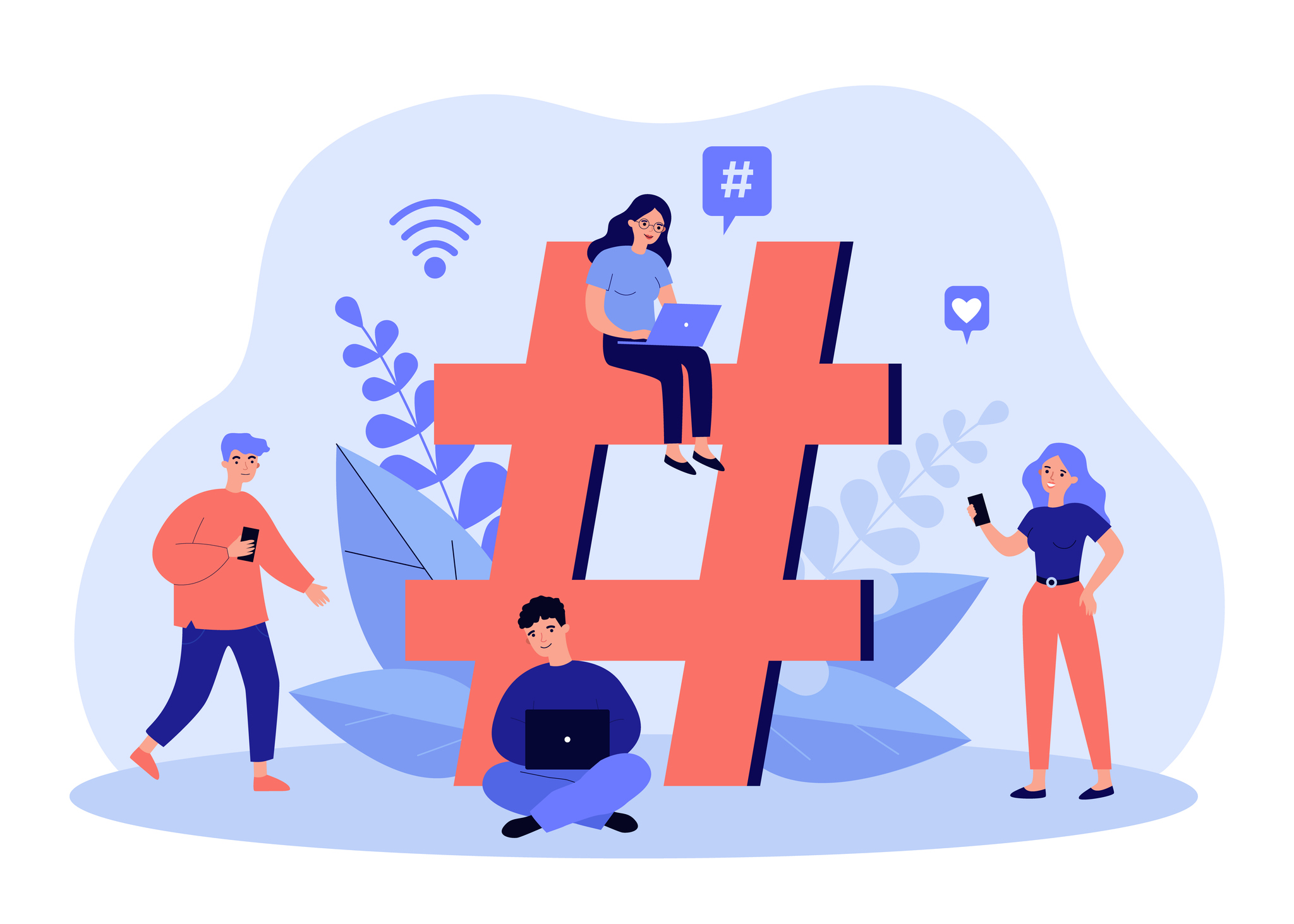Each year, I tell my second-year pharmacy students that the bacteria Haemophilus influenzae used to be the number one cause of meningitis, an infection of the brain, in children. However, since the release of the first “Hib”, which stands for Haemophilus influenzae type b, vaccine in 1985, meningitis caused by this bacteria has become extremely rare. I also tell my students that the bacteria Streptococcus pneumoniae is an important cause of meningitis and pneumonia, an infection of the lung, in adults and children. However, since the release of the first pneumonia vaccine in 1977, the number of these infections caused by Streptococcus pneumoniae has drastically reduced. While I would like to think that my students find these facts as fascinating as I do, I do not think they fully understand the significance of these vaccines because they never lived in a time when they were not available. They never lived in a “pre-vaccine” world. As a young pharmacy school professor, I have never lived in that world either. Unfortunately, we all got a taste of what it might have been like to live in a “pre-vaccine” world when the COVID-19 pandemic struck. For nearly a year—from March 11, 2020, when COVID-19 was declared a pandemic to December 11, 2020, when the first COVID-19 vaccine was authorized by the United States Food and Drug Administration (FDA)—we experienced what it was like to live in a world without vaccines. I cannot speak for my students, but for me it was a scary experience. I was quickly reminded how essential vaccines are to our world as we know it.
I think it is safe to say that most living human beings take the availability of vaccines for granted. How many of you reading this article have thought about smallpox or polio recently? Probably not many of you. These diseases were eradicated in the United States in 1949 and 1979, respectively, because of successful vaccination campaigns. I will admit that even I, someone that teaches students about infectious diseases daily, do not think about smallpox or polio often. Honestly, I wish I were reminded of these horrible diseases more often. I wish I were reminded of the amazing scientific accomplishments of Edward Jenner and Jonas Salk whose hard work and brilliant minds helped to eradicate them. I wish I were reminded of these things because I do not want to take vaccines for granted. I urge all of you to not take vaccines for granted either. After all, humankind’s battle with bacteria and viruses is far from over—that has been made clear by the COVID-19 pandemic.
The work of countless scientists has gotten us to where we are now. Thanks to their hard work, we do not have to worry about diseases like diphtheria, tetanus, whooping cough, measles, mumps, rubella or polio daily. However, that is now. Things can always change if vaccination rates drop. And they can change quickly! Just look at how quickly viruses, such as COVID-19, can mutate, causing new variants. It is hard to turn on the news these days without learning of a new COVID-19 variant. Bacteria are no different—constantly mutating to cause new variants with the goal of outsmarting us. I am sorry to say it, but bacteria and viruses are smarter than us. They will always win if we give them enough time. That is why we must stay alert! That is why we must continue to vaccinate our children against polio, tetanus, and measles even though we have never met anyone with those diseases. If we let our guard down even for a moment, these bacteria and viruses will find a way to return.
Once a bacteria or virus finds a suitable population to infect, they do what they do best—replicate. The more a bacteria or virus replicates, the more likely it is to mutate and cause a new variant that can dodge our current vaccines. That is why we must continue to support vaccine research. As I previously mentioned, the first pneumonia vaccine was introduced in 1977. However, subsequent pneumonia vaccines were introduced in 1983, 2000, 2010, and most recently, in 2021. These vaccine “updates” were necessary in part because the bacteria Streptococcus pneumoniae is good at dodging our vaccines. As an example, if we vaccinate against the 10 most common variants today, Streptococcus pneumoniae will start infecting people with 10 new variants, leaving our old vaccine less effective. This is also one reason why we need to develop a new flu shot every year—the influenza virus is really good at dodging our vaccine. If we do not prioritize vaccine research, these bacteria and viruses will find a way to dodge our current vaccines, leading us back into a “pre-vaccine” era.
The history of vaccines is incredible and illustrates one of humankind’s greatest achievements. However, we cannot take these achievements for granted. Everybody can do something to ensure our children, and our children’s children will have effective vaccines to protect them against the bacteria and viruses of tomorrow. First, visit your local pharmacist or other healthcare provider to receive all the recommended vaccines, including your COVID-19 vaccines and your yearly flu shot. Second, ensure your children or grandchildren are getting the recommended childhood vaccines, even if you have never heard of the disease before. There is a reason you have never heard of the disease—vaccines! Lastly, support vaccine research by letting your congresspeople know that you support vaccine research. If we all do our part, we can ensure that our families, friends and fellow human beings remain healthy.

























